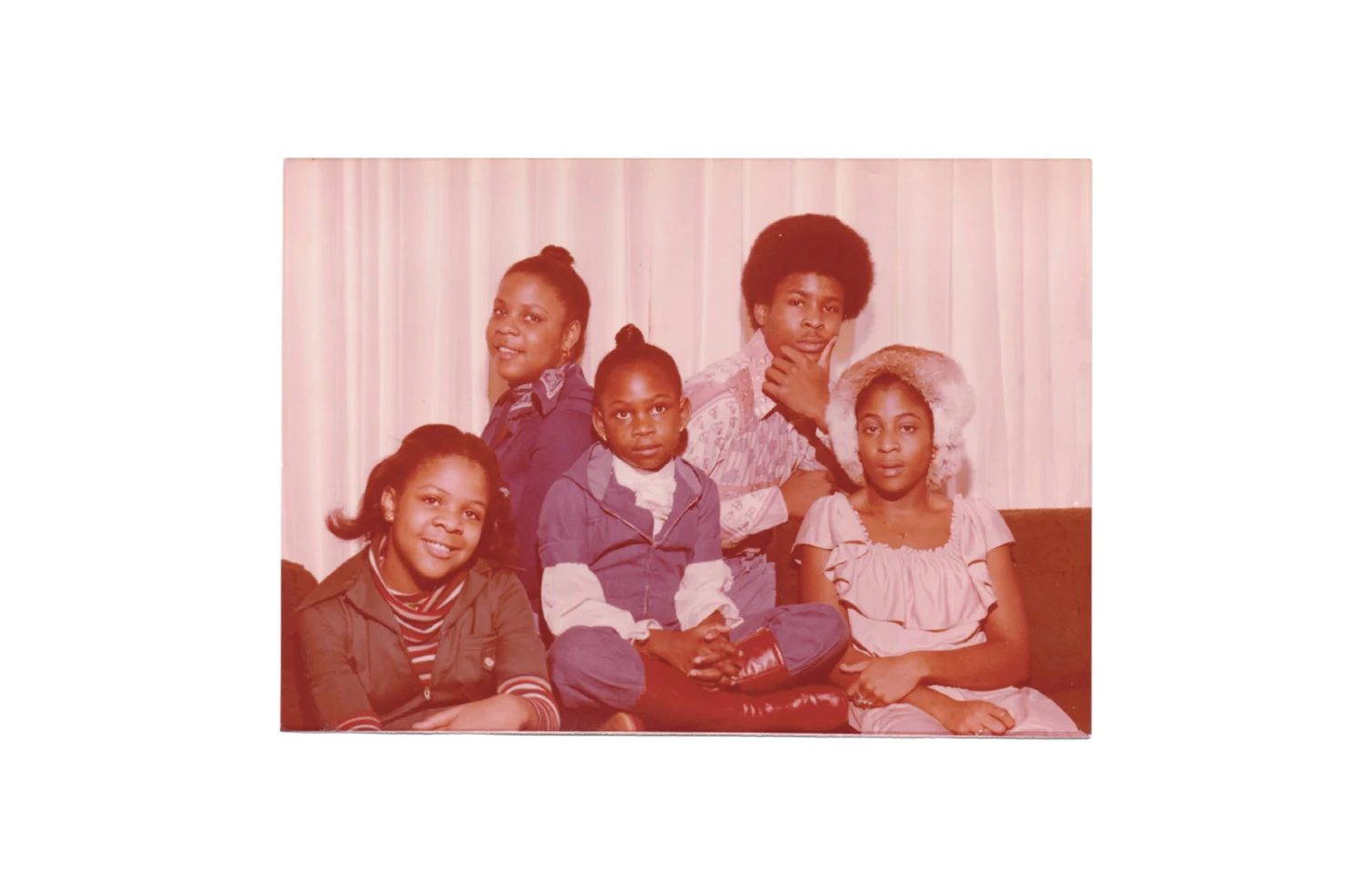“it’s dope to be black until it’s hard to be black”
“Are you tired? Worn out? Burned out on religion? Come to me. Get away with me and you’ll recover your life. I’ll show you how to take a real rest. Walk with me and work with me—watch how I do it. Learn the unforced rhythms of grace. I won’t lay anything heavy or ill-fitting on you. Keep company with me and you’ll learn to live freely and lightly.”
Matthew 11:28-30
To be a black woman is an arduous ordeal—not just here in Texas, not just here in the South, not just here in America, but anywhere you go in the entire world and throughout the whole of history.
My baby, I think you’re finding out how true that is. So now I want you to imagine trying to raise a black woman in this world. Imagine trying to raise an enigma. We are an enigma. What to do with us? It’s been the question since the beginning of time. What to do about these Shebas, Nefertitis, Cleopatras and Nandis? How to handle these Sojurners, Harriets, Rosas, Oprahs, Serenas and Michelles.
Being a black mother raising a black daughter is like being a contender in the ring, dodging and throwing punches with all the strength you’ve got while at the same time training the underdog to be a champ, showing her the ropes and how to stay light on her feet, how to outmaneuver much bigger opponents. It’s boxing with one hand while teaching and training with the other tied behind your back.
At your old school, I assumed you were safe from blatant racism. I thought you’d never hear the word “nigger” echoed in those Christian hallways. My goodness, your campus was held on the sacred grounds of a church. Your school had routine chapel. Every class was laced with scripture and prayer. You had a mandatory class called Discipleship in which you would be taught how to defend the faith. I thought you would be safe with likeminded children from likeminded families who loved God and others as much as they loved themselves.
Perhaps they did all love God. Perhaps. Who am I to know their hearts? But did they love others as much as they loved themselves? No. And, therefore, I was wrong to assume. We were not all likeminded—and so you heard the word “nigger” from privileged white, Christ-professing young men who said, “I get a pass because my friend who is black said I can say it," and, “I’m just saying it, but it doesn't mean anything.”
And you heard, “I think white people are better looking than other people,” from one white, prominent, sought-after, admired girl, who you thought was a friend and whose voice you trusted.
Snickerdoodle, you had those kinds of days, came home, did your homework, ate dinner, and said nothing. You woke up the next day, got dressed, and went back for more.
I thought I’d paid your way out of these kinds of days. Or, at the very least, I thought by paying this godly institution a tuition, I’d bought you some time before you’d ever have to face inevitable ignorance.
Last night, as you finished the last page of The Hate U Give, you told me the whole truth — that you slung the weight of their words over your shoulder and carried them with you from classroom to classroom. No wonder your backpack always seemed heavier than it looked. You were carrying more than your weight — uphill, both ways.
But you never told me.
I’m not mad at you, baby. I’m just sad.
To think back on all those days when you came home, only to put up with me nagging you about your attitude about clearing the table or doing your laundry. Oh, my girl, if only I knew we had bigger things to iron out. I wish I'd known about all those load-bearing days before I took a sledgehammer to them, and your self-worth crumbled.
But, I understand. You told me you decided not to tell me because… well, you know me. You feared I’d start a riot. You pictured buildings burning. I’ve been so hot to the touch these days. So you carried it and came home every day complaining about being so tired. I’m sad to think about those days when you said you were tired and I huffed, “You’re tired? Pluh-eeze.” I should have known. I should have asked more questions and erred on the side of grace. Why couldn’t I allow you to be tired, too? Tired is tired and black-tired is exhaustion. There’s plenty of it to go around.
My girl—my beautiful, luminous, gorgeous, stunning, breathtaking, captivating, lovely and loveliest girl—you were so right to hold your own weight for a season. Had you told me in the moment, I may have huffed and puffed and blown even brick buildings down. I was so angry for so long at so many people. To hear that anyone told you that your beauty somehow counted less than theirs would have Set. It. Off. To hear that some Jesus-loving, scripture-memorizing, mission-going, youth-group-attending, worship-singing, WWJD girl told you that white people are better looking would have lit an untamable firestorm of wildfires. Not that a fury isn’t burning right now. But, you wisely contained it with time and distance.
Besides, her words didn’t really offend you or me. But they did offend God and His own image in us. Her words spat in the face of The Creator who is every face of every brown and black person including Jesus’ because He was not white. He wasn’t even better looking. In fact, Isaiah 53:2 says there was nothing attractive about Him, nothing to cause us to take a second look. I pray that someday your so-called friend will get snatched by this very good and true thing. May she see Him in every face—white, black, brown, beautiful, average, ugly, young and old—and may she fall to her knees blinded by the full brightness of His glorious image.
All of your hard days have taught me that I could pay some godly institution a tuition that only would buy you a religion—but it could never buy you His Kingdom.
Last week I read a beautiful piece written by Barbara A Holmes on the legacy of African monastic traditions in Christianity. She wrote about our desert fathers and mothers from ancient African lands who were some of the first to receive the Good News. She wrote that many of these early Christian communities were led by women—brown and black women—who, like the Samaritan woman, found a Savior who knew everything they had done, yet still offered them a drink from the well of His hand. They retreated to the desert in their quest to keep their freedom from the organized religious sects that would continue to try and weigh them down with bulky, cumbersome yokes. They went into the desert for spiritual rest.
Holmes wrote, “one wonders if a desert experience is necessary to reclaim this legacy.” This leads me to wonder if those who are born free can truly know freedom. I wonder if those who are never thirsty will ever need to find a well. I wonder if your white classmates can ever know what it is to be forgiven if they have no knowledge of needing to be forgiven.
This week, I read that Augustine was of African descent and immediately put down my reading to tell you the news, “Augustine was African, and probably black.” You looked up from your cereal bowl and said, “I know. Well, I knew he was African, but I didn’t know that meant he was black.”
I went back to my reading, a bit perplexed, trying to figure out how Augustine’s Roman father and his North African mother birthed a white religious icon. How did this happen? Am I looking too much into it and does it matter? Am I crazy?
Then, I think about you being the only black girl in your grade last year at your old school, and the only one of two black girls in your high school, and the only one of three black kids in both the middle and high school combined, and my heart beats, “It so matters. You’re not crazy.”
My baby, how do I teach you to love even the ones who make you question your worth? How do I teach you to take a blow and not swing back? What does it mean to love these sisters and brothers who are not supposed to be our enemies? Lord knows, I am trying.
Today, all I know is that every time some white woman tells you she is more beautiful and worthy than your brown skin, He says your blackness and every part of you is so beautiful, my darling, from head to toe. You’re beautiful beyond compare, absolutely flawless. (Song of Songs 4:7).
And, for every “nigger” you hear, I want you to hear Him call you, “Beloved, beloved, BELOVED!!!” in return.
Title quote, The Hate U Give










